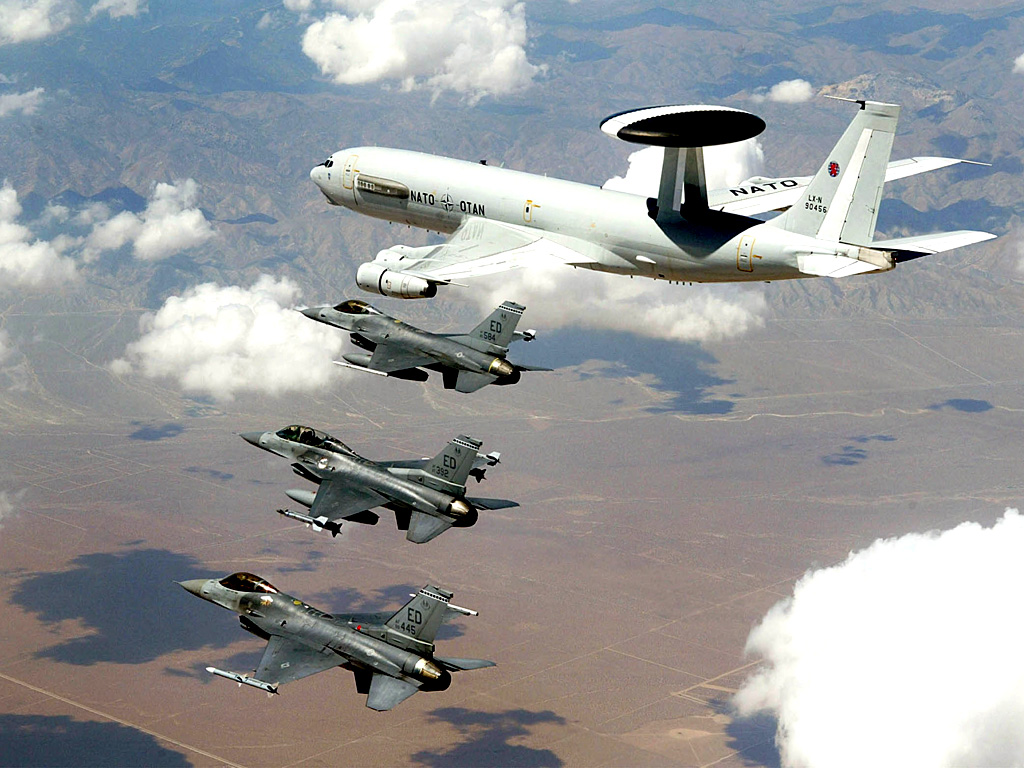200 de militari NATO cu aeronave de lupta vor stationa pe teritoriul Romaniei imediat dupa summit-ul NATO ce incepe joi la Cardiff.
Prezenta se va permanentiza pentru securizarea granitei de Est a NATO, o parte din aceasta fiind comuna cu cea a Romaniei.
Traian Basescu a declarat ca “Romania doreste si instalarea unui comandament aliat” care sa coordoneze o parte din operatiunile dedicate securizarii frontierei aliate.
PS : O veste buna in pragul summit-ului – http://www.antena3.ro/externe/franta-suspenda-livrarea-primei-nave-de-razboi-mistral-catre-rusia-265630.html



